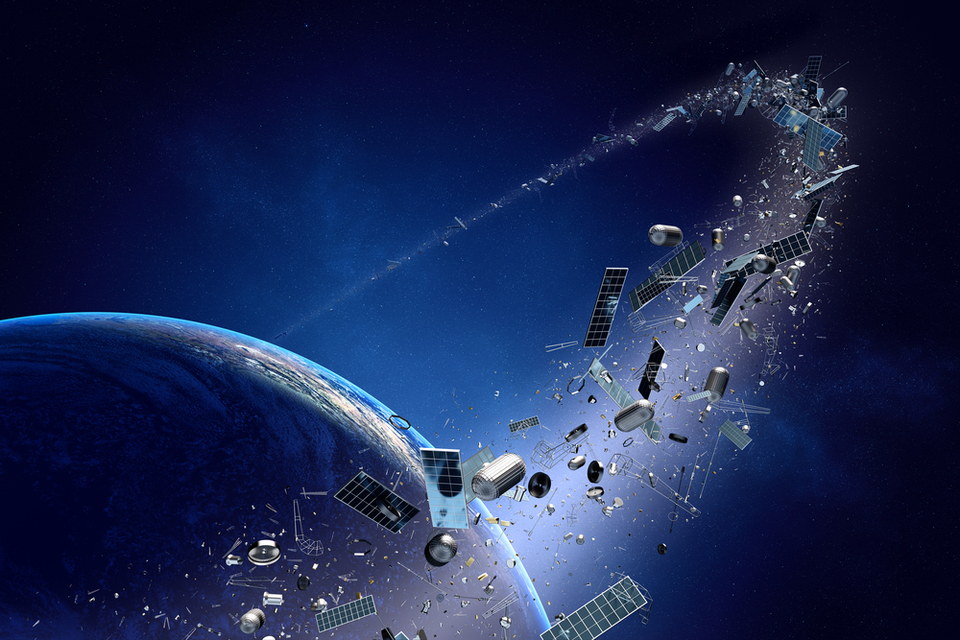A team of Chinese researchers has applied a set of algorithms to laser-ranging telescopes. That way, they could accurately spot space debris in Earth’s orbit.
While current space junk identification systems can find larger debris, they can’t pinpoint the swift, specks of space litters.
Laser ranging technology uses laser reflection to measure the distance between objects. Unfortunately, the surface of space debris reflects weak echo signals, resulting in reduced accuracy.
Even the most improved laser ranging for finding debris in space only got to a 1-kilometer level. Now, a team of scientists has figured how to use a neural network to improve the accuracy of spotting space junks.
One of the scientist from the Chinese Academy of Surveying and Mapping, Beijing and Liaoning Technical University, Fuxin, Tianming Ma explained:
“After improving the pointing accuracy of the telescope through a neural network, space debris with a cross-sectional area of 1 meter squared and a distance of 1,500 kilometers can be detected.”
Here’s how it works.
Teaching Lasers to Accurately Spot Space Debris
The researchers trained a backpropagation neural network to recognize space junk. To do this, they used two correcting algorithms – the Genetic Algorithm and Levenberg-Marquard.
The team optimized the neural network’s threshold for spotting space litter by ensuring that they could train it on localized areas of space. To demonstrate the improved accuracy, Ma and colleagues tested the algorithm against three traditional methods.
Findings suggest that the neural network application significantly improved the laser’s accuracy compared with the conventional method. Now, Ma is working on further refining the technique.
The Earth’s orbit is filled with tons of space debris – from inactive satellites to rocket stages. As a result, the threat of collisions is becoming more real by the day.
It’s no wonder that agencies such as the Japan Aerospace Exploration Agency and the European Space Agency have taken the initiative to try to clean space.



















Comments (0)
Most Recent